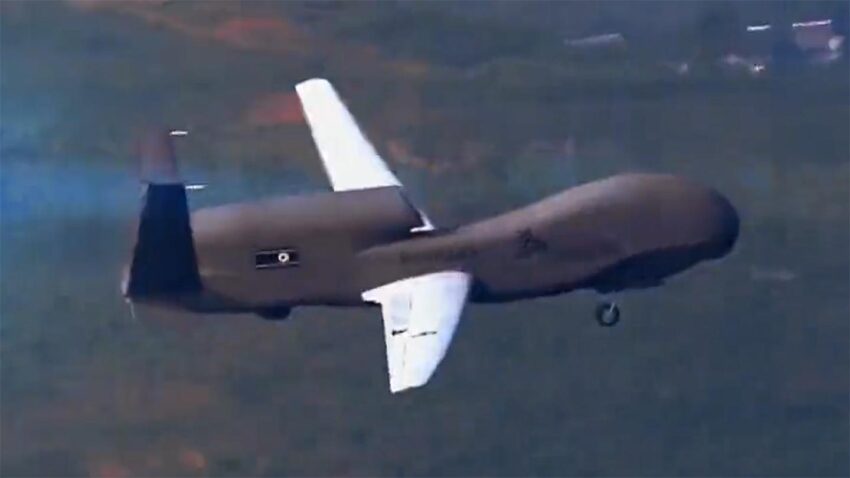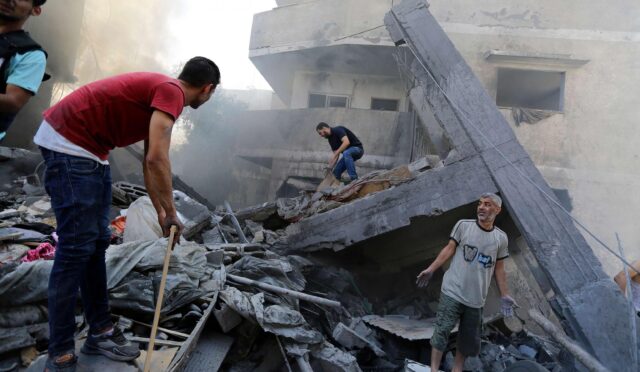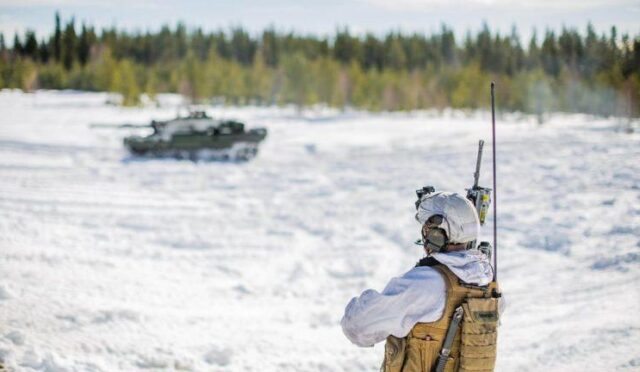North Korea to Produce Drones with Russian Collaboration
North Korea is poised to begin the production of drones this year, in a significant collaboration with Russia, as reported by Japanese public broadcaster NHK. This development stems from a recently established agreement between the two nations, which allows North Korea to receive crucial technical assistance from Russia in the co-development of these unmanned aerial vehicles.
The drones are expected to encompass a variety of models, with plans for mass production taking place within North Korea itself. This move highlights the strengthening military ties between the two countries amid ongoing geopolitical tensions.
Military Support in Exchange for Drones
According to NHK, the drone development deal is intricately linked to a larger military support arrangement. In exchange for Russia’s assistance, North Korea is reportedly sending over 10,000 soldiers to aid Russian military efforts in Ukraine. This exchange underscores the depth of cooperation between the two nations as they navigate their respective challenges.
Moreover, North Korea has provided Russia with additional military supplies, including artillery systems, multiple launch rocket systems, and ballistic missiles. The transaction signifies a deepening military partnership, particularly in the context of the ongoing conflict in Ukraine.
Formal Defense Pact Strengthens Ties
In December, North Korea and Russia formalized a significant defense pact, which commits both countries to extend rapid military assistance to one another in the event of an attack. This agreement not only solidifies their military alliance but also serves as a collective stance against Western sanctions that have been imposed on both nations.
The pact emphasizes a united front, particularly in the face of growing isolation from Western powers. As part of this alliance, North Korea and Russia appear determined to bolster their military capabilities in tandem.
Concerns Over Nuclear Weapons Program
Despite the burgeoning military cooperation, reports indicate that Russia remains cautious about becoming too involved in North Korea’s nuclear weapons program. There are concerns that heightened assistance could further complicate Pyongyang’s already delicate relations with the United States and its neighboring countries, especially China.
This wariness reflects the intricate balance that Russia seeks to maintain as it navigates its own strategic interests in the region. While military collaboration is on the rise, the potential ramifications of supporting North Korea’s nuclear ambitions present a significant diplomatic challenge.







